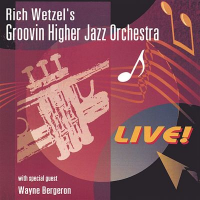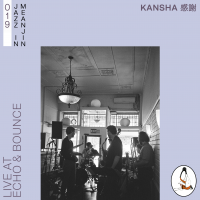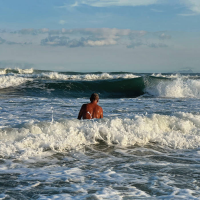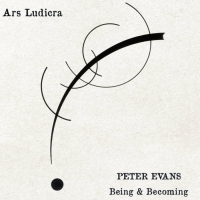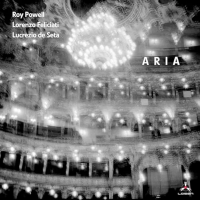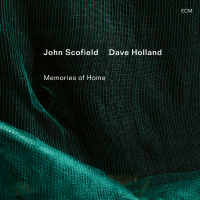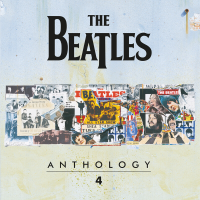Home » Jazz Articles » Album Review » Mike Phineas Newborn, Jr.: The Piano Artistry of Phineas...
Mike Phineas Newborn, Jr.: The Piano Artistry of Phineas Newborn / Phineas' Rainbow
Phineas, we hardly knew ye...
Whiteville, Tennessee native Phineas Newborn, Jr. swam in a pool of mental and physical challenges most of his professional life. Between the mid-1950s and the mid-'70s, Newborn was to bob to the surface to produce one masterpiece after another. Technically brilliant, Newborn was probably a bit closer to the aesthetic of Bud Powell (both personally and professionally) than Art Tatum, while possessing the depth and breadth of both. That would make him close to Oscar Peterson. Newborn's playing, in general, is uniformly tasteful, devoid of vain flourishes and grandiose displays of his considerable technique.
Koch Jazz has recently released two of Newborn's finest recordings. Here is Phineas was originally released as Atlantic LP 1235, recorded May 3and 4, 1956 and Phineas' Rainbow was originally released as RCA LPM 1421, recorded between October 16th and 22nd, 1956. These two recordings boast all that is good about Newborn and makes a serious case for any piano enthusiast obtaining both discs. Phineas Newborn is notable for recording jazz standards, those songs composed by jazz musicians who found themselves added to the Canon. On Here is Phineas, these would include, Charlie Parker's "Barbados," Bud Powell's "Celia," John Lewis' "Afternoon in Paris," and Clifford Brown's "Dahoud." Phineas' Rainbow offers Harold Land's "Land's end," George Shearing's "She Means Everything to Me," and Chano Pozo's "Tin Tin Deo."

Both recordings are trios with Newborn's brother, Calvin Newborn, joining on electric guitar. Here is Phineas pairs the brothers with Be Bop creators Kenny Clark and Oscar Pettiford. The result is a swinging affair that turns the Be Bop Anthem "All The Things You Are" upside down and then played (arrangement-wise) backwards. Newborn's well-conceived ideas issue forth just short of a torrent, always maintaining the good taste he was renown for. George Joyner and Philly Joe Jones support Phineas' Rainbow. Newborn turns in a spooky "Angel Eyes" and assertive "Land's End." He recasts Pozo's "Tin Tin Deo" as a Caribbean breeze. Totally neglected today, Phineas Newborn in his prime was the Southern answer to Bud Powell. Any of his releases, even the shaky ones, are worth having. Like Bud Powell, Newborn was a loss too early.
Track Listing
The Piano Artistry...: Barbados; All The Things You Are; The More I See You; Ceclia; Dahoud; Newport Blues; I'm Beginning To See The Light; Afternoon In Paris. (Total Time: 37.19). Phineas' Rainbow: Overtime; Angel Eyes; Come To Baby, Do; Stairway To The Stars; Land's End; Clarisse; She; Tin Tin Deo; Autumn In New York; What Is This Thing Called Love. (Total Time: 37.19).
Personnel
The Piano Artistry...: Phineas Newborn, Jr.: Piano; Oscar Pettiford: Bass; Kenny Clarke: Drums; Calvin Newborn: Guitar. Phineas' Rainbow: Phineas Newborn: Piano; George Joyner: Bass; Philly Joe Jones: Drums; Calvin Newborn: Guitar.
Album information
Title: The Piano Artistry of Phineas Newborn / Phineas' Rainbow | Year Released: 2002 | Record Label: KOCH International Jazz
Tags
PREVIOUS / NEXT
Support All About Jazz
 All About Jazz has been a pillar of jazz since 1995, championing it as an art form and, more importantly, supporting the musicians who make it. Our enduring commitment has made "AAJ" one of the most culturally important websites of its kind, read by hundreds of thousands of fans, musicians and industry figures every month.
All About Jazz has been a pillar of jazz since 1995, championing it as an art form and, more importantly, supporting the musicians who make it. Our enduring commitment has made "AAJ" one of the most culturally important websites of its kind, read by hundreds of thousands of fans, musicians and industry figures every month.




